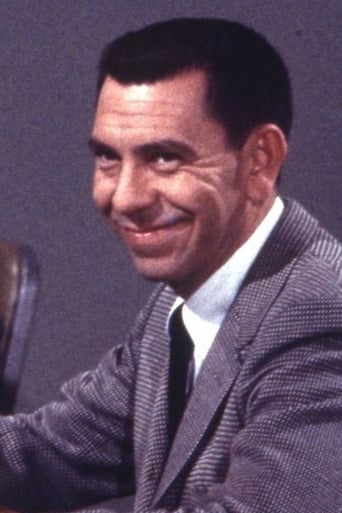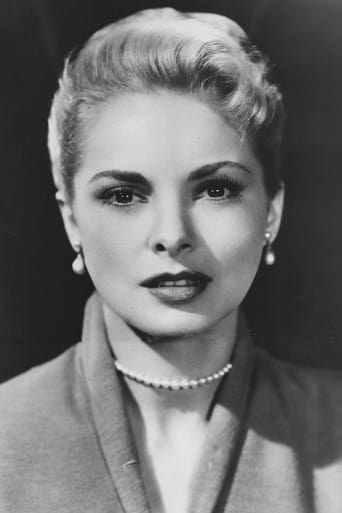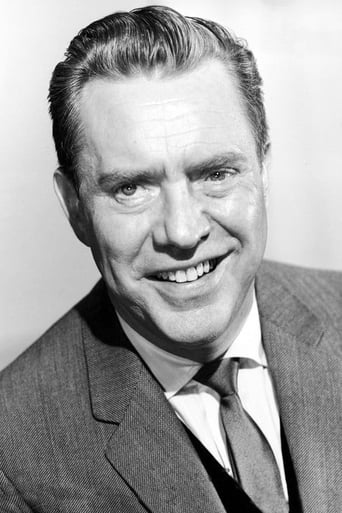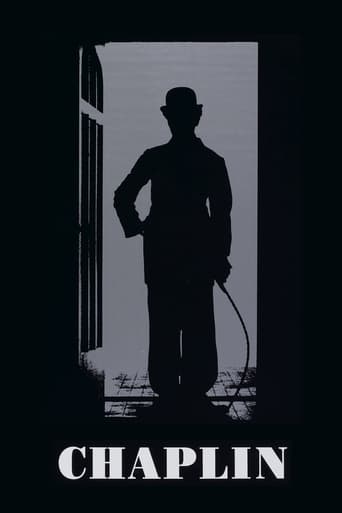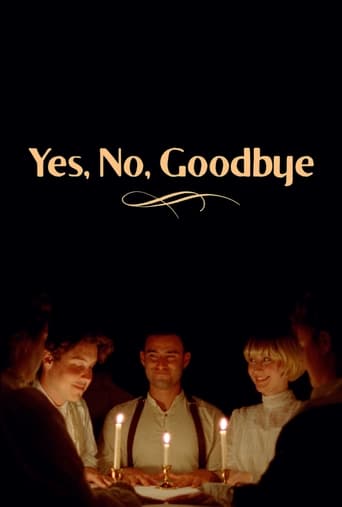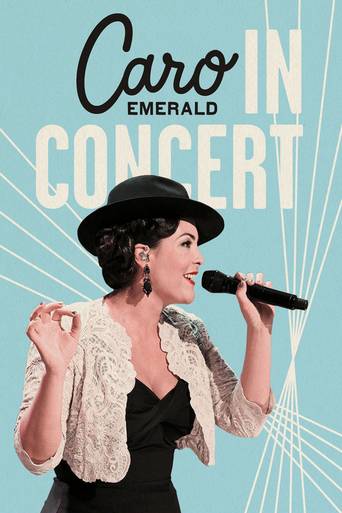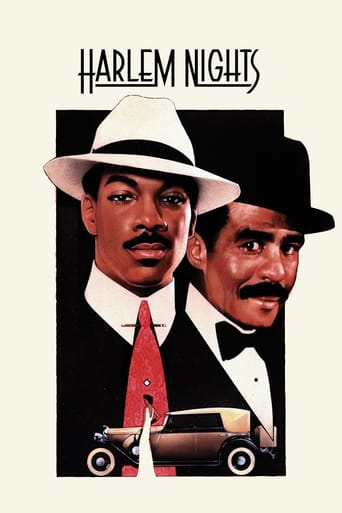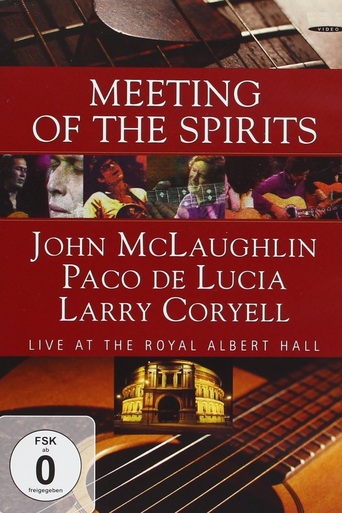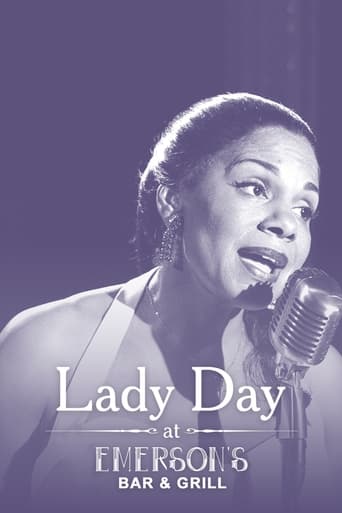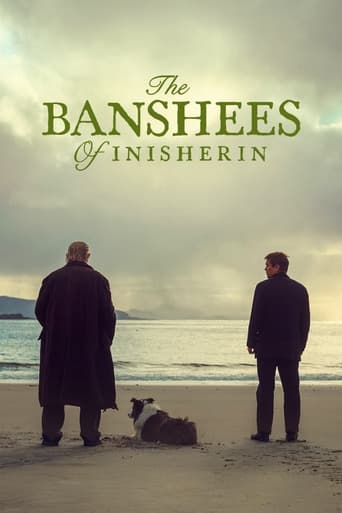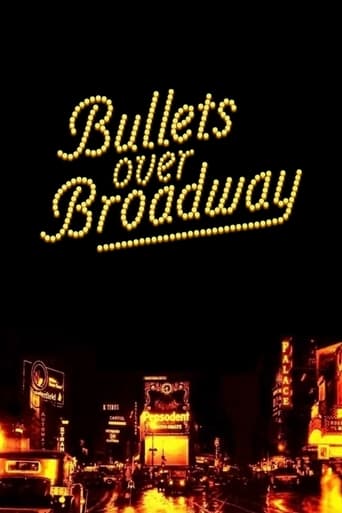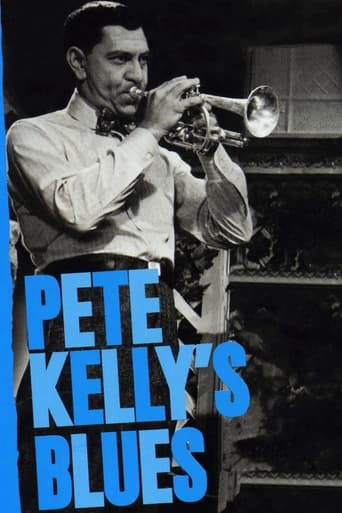
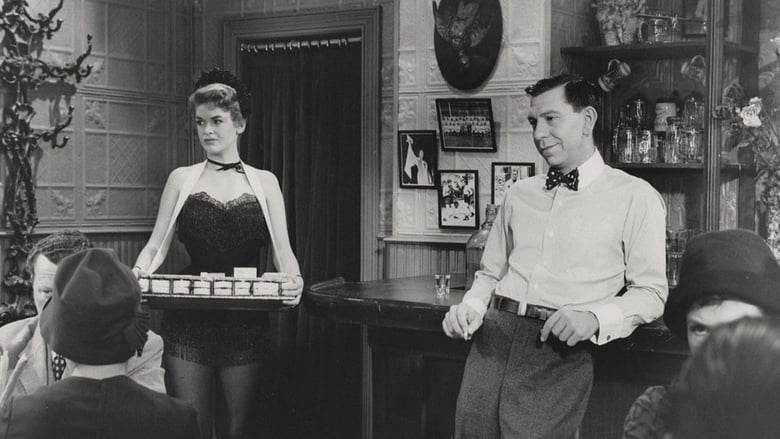
Pete Kelly's Blues (1955)
In 1927, a Kansas City, Missouri cornet player and his band perform nightly at a seedy speakeasy until a racketeer tries to extort them in exchange for protection.
Watch Trailer
Cast


Similar titles
Reviews
I just watched this on Turner Classic Movies the other night after not having seen it in years, back when it was a pan-and-scan version loaded with commercials.It was great seeing it uncut and commercial-free in it's original letterboxed CinemaScope format. Director Jack Webb shows a creative visual imagination, and along with cameraman Hal Rosson he creates some decent period atmosphere, despite the limits of those early widescreen lenses. This would have been better in the old 3-strip Technicolor format, but that's really splitting hairs.The thing with this picture that never gets it off the ground is Jack Webb, the actor. He's just not believable as a jazzman. Despite Ella Fitzgerald, who is tremendous, and Peggy Lee, somewhat wasted in this role (in more ways than one) Webb is wooden and one-dimensional. Maybe Monty Clift or even Jeffrey Hunter would have been better. James Dean would have made this into a classic, despite the hackneyed storyline of musicians having to pay the mob to keep their gig.That plot point should have been a given, with the musicians doing their gig and paying the mob and playing their music against the backdrop of jazz age 1920's.This movie needed less plot and more atmosphere, and a better leading man. Webb the actor sinks this one.
Pete Kelly Blues is pure Jack Webb, stiff as a board and solid storytelling. I love Jack Webb, and I like the movie but it's just good enough for fans. Warners put up a lot of support to Webb, and lavish production design by Walt Disney's best Harper Goff, and a ripping score with Ella Fitzgerald and Peggie Lee (Oscar Nom)make it a near great movie. Shot almost entirely with master shots (except the final act)is Webb's efficient style. Lee Marvin is great as a fellow traveler jazz-man, and Edmond O'Brien is menacing as the main gangster. Sadly enough, the wonderful Janet Leigh is stuck in a very crappy role as a rich flapper love interest. Webb even cast future kiddie show host Andy Devine and a tough lawman, and he is amazingly good. Webb's next film was his classic "The D.I.", a much better film. For fans and music buffs!
The background of the Prohibition Era of Tom Pendergast's Kansas City in the Twenties at its height is the setting for the story of Pete Kelly's Blues. Jack Webb's crisp documentary like style honed by years of doing Dragnet on television is the manner in which Pete Kelly's story of resistance to the mob is told. All Webb in the title role wants to do is play jazz, but playing jazz in mobbed up Kansas City came at a price.The one who wants the payoff is political ward boss/gangster Edmond O'Brien. He's got the swinging part of Kansas City in his pocket where all the speakeasies and clubs are and he's thought of a new racket, charge protection to the musicians, even to the extent of moving their own legitimate agents out. And O'Brien wants 25% not the usual 10% real agents charge.Webb's defiant, cowed, and then defiant again during the course of the film. The murder of his drummer Martin Milner takes a lot of the fight out of him. But O'Brien pushes way too hard and he's a really crude sort of thug. In the end Webb snaps.With one exception the cast is great. The music end is taken by two really great singers Ella Fitzgerald and Peggy Lee who have some great numbers that show why they were the best in their business. Lee even copped an Oscar nomination for Best Supporting Actress, but lost to Jo Van Fleet for East Of Eden. Lee Marvin is here and not playing a thug, but is a clarinetist and Webb's best friend. Webb plays the trumpet. Andy Devine is law enforcement and deadly serious. The squeaky voice is moderated and Andy's bulk is used similarly to Laird Cregar in I Wake Up Screaming and Orson Welles in Touch Of Evil. Andy never had a role this serious on screen. And Peggy Lee even with that Oscar nomination never followed up on it, my guess being she thought of herself as a singer not an actress primarily.Janet Leigh who usually is great disappoints me here. Her role as an air-headed party girl is really out of place and why Webb is falling for her is a mystery. Later on she nearly gets him killed when he finally decides to face down O'Brien. Janet does her best, but the part makes no sense at all to me.The locale of Pete Kelly's Blues in Pendergast controlled Kansas City is interesting. O'Brien is just the kind of guy Pendergast would have as a lieutenant. Pendergast's name is not mentioned, in 1955 it didn't have to be. The recent president of the United States, Harry S. Truman was a product of that machine and that was never out of the public's mind even after Pendergast was dead.Dixieland jazz fans will really like the music from Pete Kelly's Blues, I certainly did along with the rest of the film.
This is a movie that satisfies on so many levels and even manages to overcome a less than perfect print (I have long coveted this title and mentioned it to the guy in Norway who has been so generous in supplying me with French Classics: he located a print which, bizarrely is dubbed into Spanish whilst RETAINING the original English soundtrack). It also has to overcome Jack Webb's wooden acting and my personal aversion to Janet Leigh and it does this in Spades. On the first level it's a wonderful mixture of the visual and oral with Webb's eye for detail, period and otherwise, perfectly complemented by Richard L. Breen's brilliant screenplay liberally laced with faux-Chandler narration and dialogue (Webb in voice-over setting the scene, a brownstone in KC where his band is resident: It used to belong to a dentist but he moved to Chicago to get a piece of the flu epidemic. This line is so good that it doesn't really matter that the great flu epidemic was in 1928, one year later than the setting of the film. Later, when the hot-headed drummer Joey Firestone, is gunned down in front of Webb in torrential rain in an alley outside the club, Webb goes back inside and addresses Rudy, the owner: Webb: Get someone to bring Joey in. Rudy: Why? Webb: It's raining on him.Webb may have been wooden but he sure knew how to tell a story cinematically with touches like the one where he comes off the stand after a set, walks to the bar, leans against it, facing away from it, stretches a hand backwards into which the bartender places a towel, with which Webb (Pete Kelly) proceeds to wipe his brow. The movie is replete with touches like this, note, for example, the recurring motif when the band are relaxing in the kitchen in between sets and each time the door opens it creates a draught in the pizza oven. The beauty of this is that it ISN'T a plot point and no one remarks on it, it's just wonderful attention to detail. I could go on and on citing visuals like this and low-key dialogue because this movie is so rich in both. In a rare sympathetic role Lee Marvin is outstanding as Al Gannaway, the clarinet player and longest serving member of Pete Kelly's Big Seven, world-weary and tired of trouble, who leaves the band and returns again. Equally outstanding is Edmund O'Brien's Fran McCarg, a local gangster who offers the band both 'protection' and the services of a singer, his alcoholic girlfriend, Rose Hopkins, a truly outstanding performance by Peggy Lee. The final shootout is very reminiscent of Orson Welles, with one of McCarg's heavies lurking in the rafters above the glitter ball in a ballroom and Webb's camera shooting from above the man and looking down through both rafters and ball. Add Ella Fitzgerald to the mix plus some fine Dixieland Jazz (Dick Cathcart played cornet for Webb) and this is a true neglected gem.


